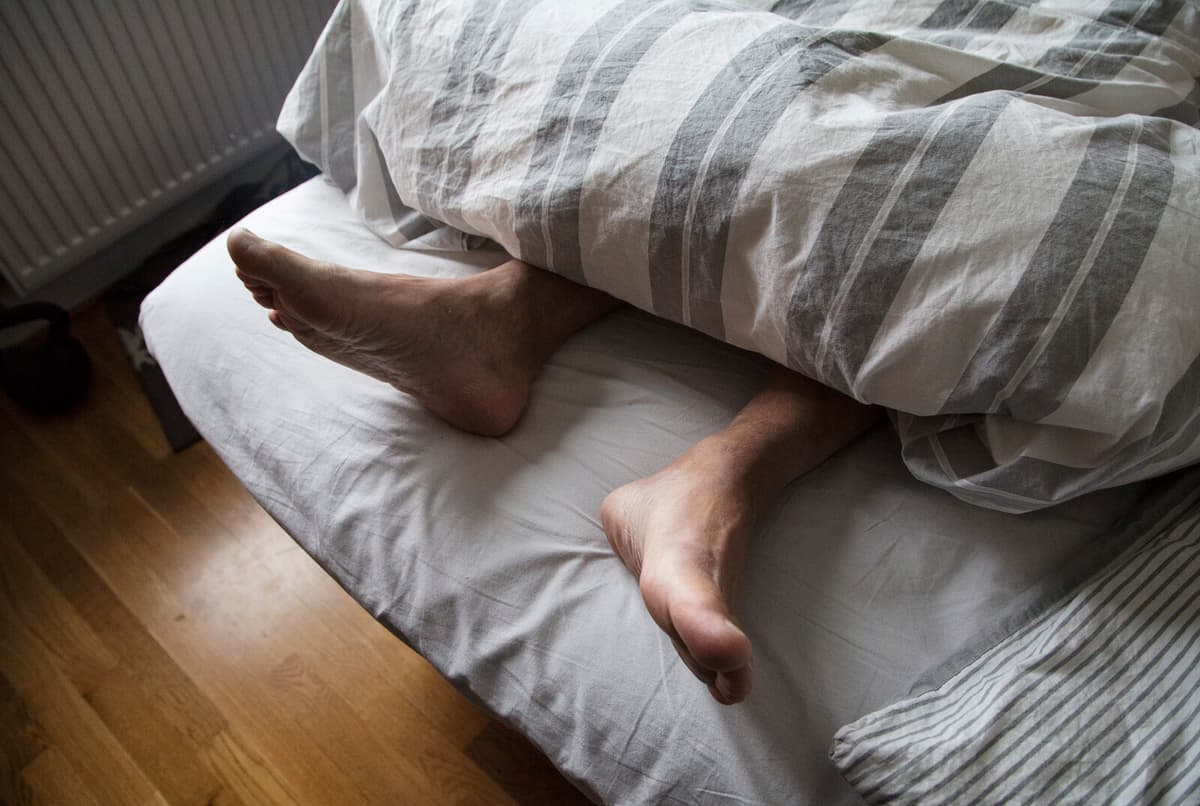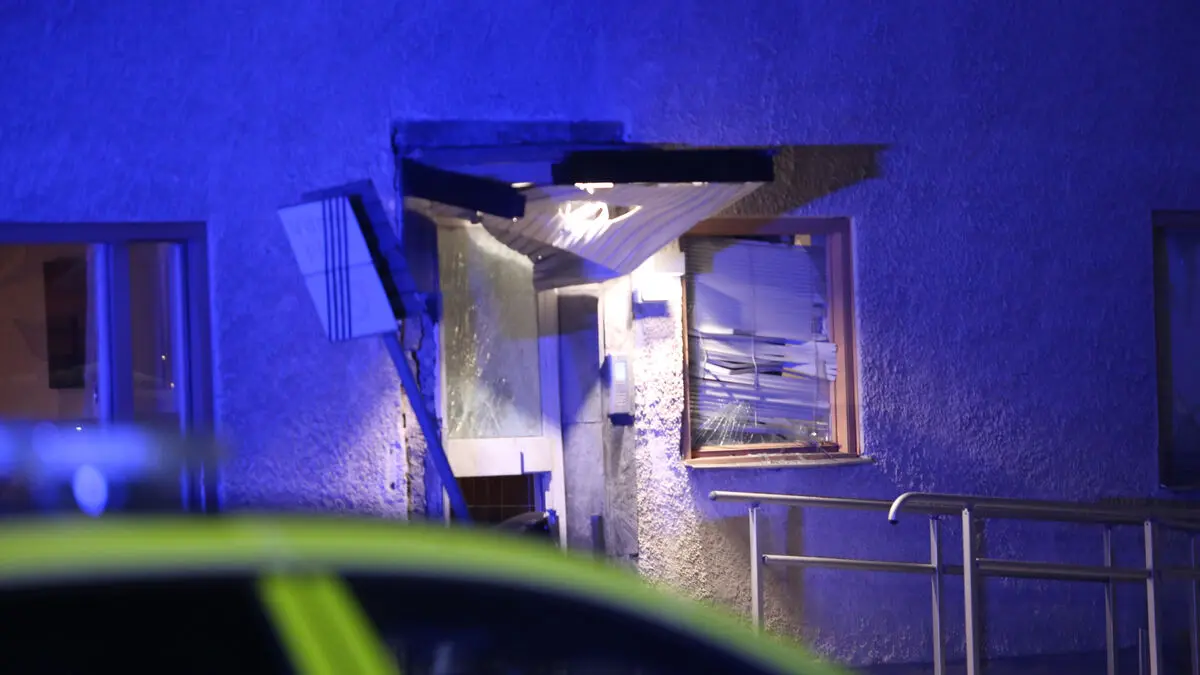Researchers at American Mass General Brigham have studied data from people worldwide via a sleep app. More than half of the three million nights in the study ended with snooze. On average, snooze was used for eleven minutes between alarms before waking up.
People who slept for five hours or less per night snoozed to a lesser extent. Those who snoozed the most used the function more than 80 percent of mornings in the study, and let it go for an average of 20 minutes between alarms.
Japan and Australia snoozed the least, while Sweden, Germany topped the snooze list.
Sadly for us, the researchers claim that the snooze alarm disrupts some of the most important sleep. The hours before we wake up involve REM sleep, or dream sleep. If you press snooze then, you only get light sleep between alarms.
If you want to optimize sleep, the researchers' advice is to skip the snooze button, instead set the alarm as late as possible and simply get up when it rings.
Try to go to bed and get up approximately the same time every day.
Eat early in the evening so that you're not too full when you go to bed. But not so early that you're hungry, that can also make it difficult to sleep.
Don't drink coffee, tea, soda, or energy drinks about six hours before bedtime. Try also to reduce the amount of caffeine during the day.
Get up at the same time in the morning, regardless of how you slept during the night.
Avoid too much sitting, take breaks and move your body.
Spend as much time as possible outdoors in daylight. It helps the body to produce melatonin, one of the hormones that regulate sleep.
You often sleep best when it's slightly cooler, around 14-18 degrees.
Earplugs can help if you're disturbed by noise.
A dark curtain can be good during the bright summer months. A sleep mask can also help as protection for your eyes.
Get out of bed if you haven't fallen asleep after a quarter of an hour. That way, you avoid associating the bed with sleepless hours.
Source: 1177






